Addiction is a state where you become obsessed with the poison. When consuming alcohol or any other addictive substance, your body undergoes temporal changes. Prolonged usage can have permanent psychological, physical, and social effects on a person's quality of life and hamper essential life skills. They become reclusive, their mind becomes foggy, and speech may become slurred. They start living in denial and avoid people who oppose their addiction. Unchecked addiction is like a devastating tornado. The person in the middle destroys everything surrounding them, including health, relationship with others, work-life balance, etc.
Some of the key symptoms and damages done in the pursuance of the addiction are:
- Symptoms
- Obsession
- Relying on larger quantity consumption due to body's resistance
- Taking unwanted risks to obtain the substance
- Keeping secrets
- Becoming solitude/ avoiding friends and family
- Dropping hobbies
- Living in denial
- Damages done
- Involving in legal issues
- Facing financial difficulties
- Experiencing withdrawal symptoms
- Appetite changes
- Damage to organ/ diseases associated with substance abuse
- Insomnia
- Changes to appearance
- Short temperedness
Checking yourself into a rehab allows you to work on the triggers and impulse that force you to relapse. By following the 12-step program and attending regular meetings, you build abstinence towards substance abuse. However, when out of rehab and becoming a part of society, you need to relearn the different life skills lost to substance abuse. Without developing the lost life skills in recovery, you run the risk of relapsing. So, once out of rehab, it is crucial for a person to check into a back to basics sober living home.
Benefits From Developing Life Skills For Adults In Recovery
Focussing on life skill development through sober recovery with threshold recovery (Sober living Homes in Tennessee) enhances the recovery experience and equips a person with the tools needed to support sobriety after treatment is completed. Instead of relying on substance abuse, life skills grant you the ability to cope up with stress and frustration stemming from the increasing pace and change of modern life. Learning life skills in addiction recovery has multiple benefits and helps you to:
- Finding new ways to think and solve problems
- Recognize the impact of actions and take responsibility
- Find strength to participate in group activities
- Analyze options, take decisions
- Develop a greater sense of self-awareness and appreciation
- Time and people management
- Build adaptability
- Developing negotiation skills
Life skills are more like habits. You need to practice them to imbibe them in your regular life repetitively.
Different Life Skills For Recovering Addicts
Communication Skills
Addiction causes people to be cut off from society, and this can affect their communication skills. This severely impacts the recovery process as communication is vital for seeking a support system. You can voice your own needs, comprehend the perspectives of others, and strive to rebuild the lost trust of your loved ones by learning to communicate effectively. You can work with unpleasant feelings and experiences in a healthy way when you can effectively articulate yourself.
Employment Opportunities
Gaps in your employment history are a red flag for most institutes, and gaps due to addiction are not good signs. However, it is not the end of the world. Developing a new resume, practicing interview questions, finding employment that suits your needs, and working your way up from there enable you to return to your normal circumstances quickly. Developing this skill allows you to build confidence and find new opportunities in the future.
Finance management
Addiction is an expensive hobby. When you are fresh out of rehab and work on your sobriety, you will find that you have excess money that was usually blown on substance abuse. This newfound wealth may tempt you to overspend. Instead, learning to set up a budget and sticking to it will help you live comfortably. Creating a budget may assist you in prioritizing your spending, determining where your money is going, and planning for the future. Budgeting helps you to prepare for your future financial security.
Learning new hobbies
When not dwindling in substance abuse, you will find more time at hand. Planning your day and staying productive can help make most of the time on hand. Getting enough sleep, eating a healthy diet, and exercising regularly might help you avoid relapsing into substance abuse.
Making new friends
You may have burned many bridges due to addiction, and many may wish to keep it that way. However, don't let that draw you down. Developing a new sober social circle is critical to successful recovery. Bonding and sharing experiences with someone with similar experiences can make the journey easier for both of you. This also helps you find new support systems within your peers.
Learning Coping Mechanisms
During addiction, it was easy to use drugs and alcohol to try and escape. Once sober, you need to find new coping mechanisms to deal with the stress and pressure of daily life. Anger management classes, working out, picking up new hobbies, or talking to your support system are some of the coping mechanisms that would work for you.
How To Integrate New Basic Living Skills For Adults?
- Create a healthy routine
- Keep yourself nourished with nutritious meals
- Learn money management
- Secure a job or become employed
- Use newly learned life skills in daily routine
- Have a support pillar
- Set Goals and work towards achieving them
- Maintain a clean environment
- Conduct life skills activities for adults in recovery
Wrapping Up
Life after drug abuse is tough, and many individuals may still need support as they transition back into society. Sober living homes help such people become accountable and learn new healthy living skills that help them successfully become contributing members of the community.

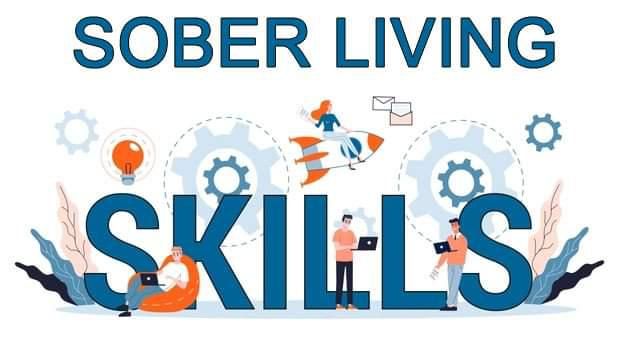

 Photo by
Photo by  Photo by
Photo by 

 Photo by
Photo by 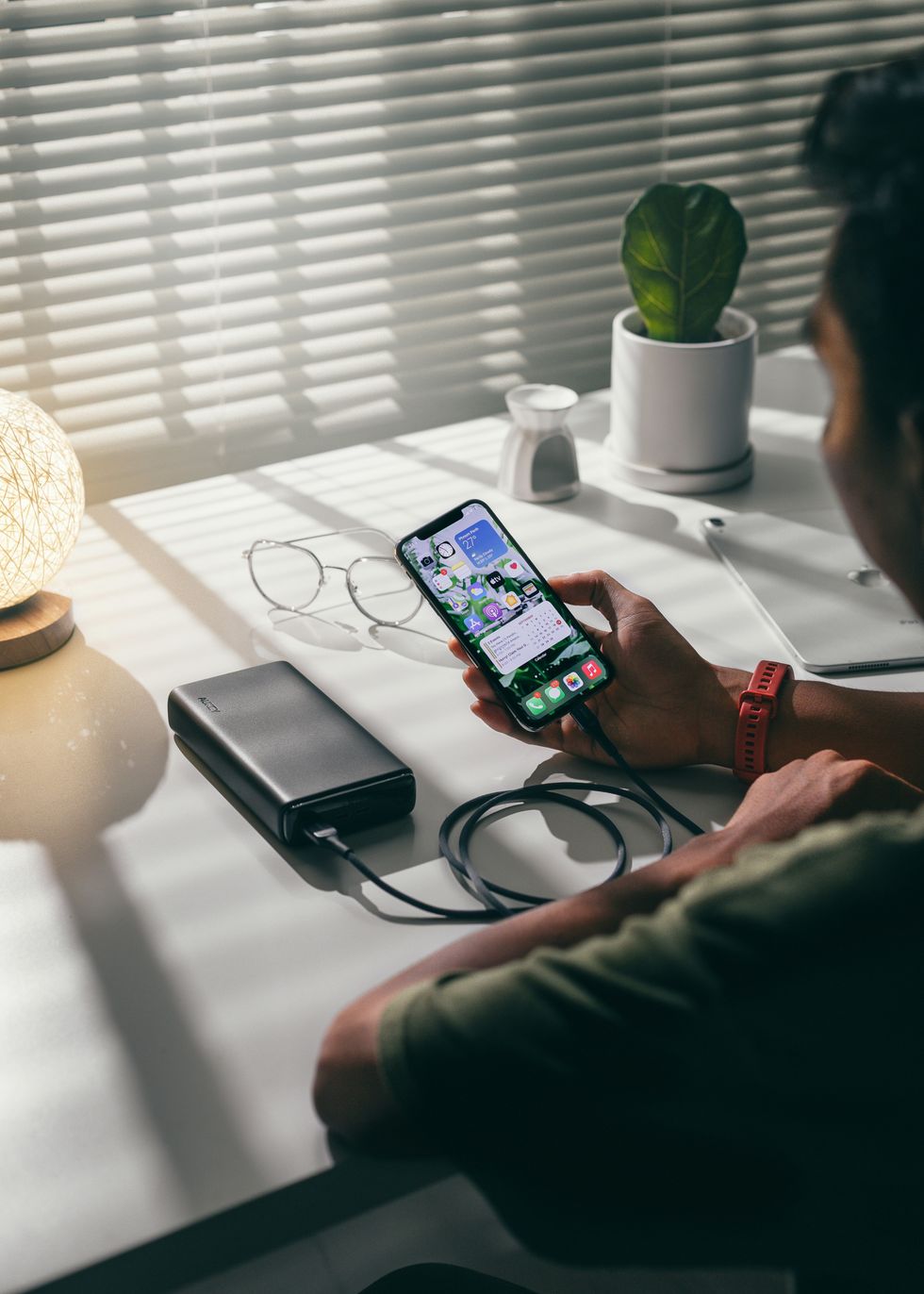 person holding black smartphone on white textile
Photo by
person holding black smartphone on white textile
Photo by 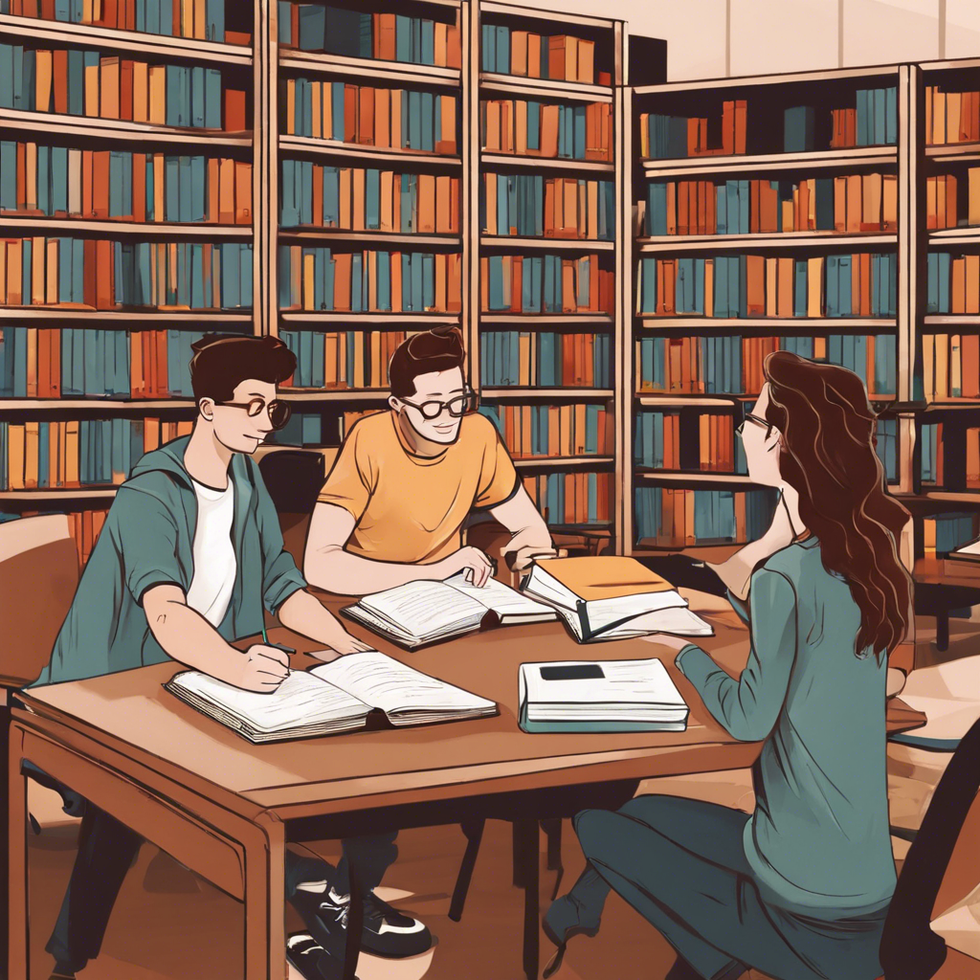 StableDiffusion
StableDiffusion
 Photo by
Photo by  Photo by
Photo by 
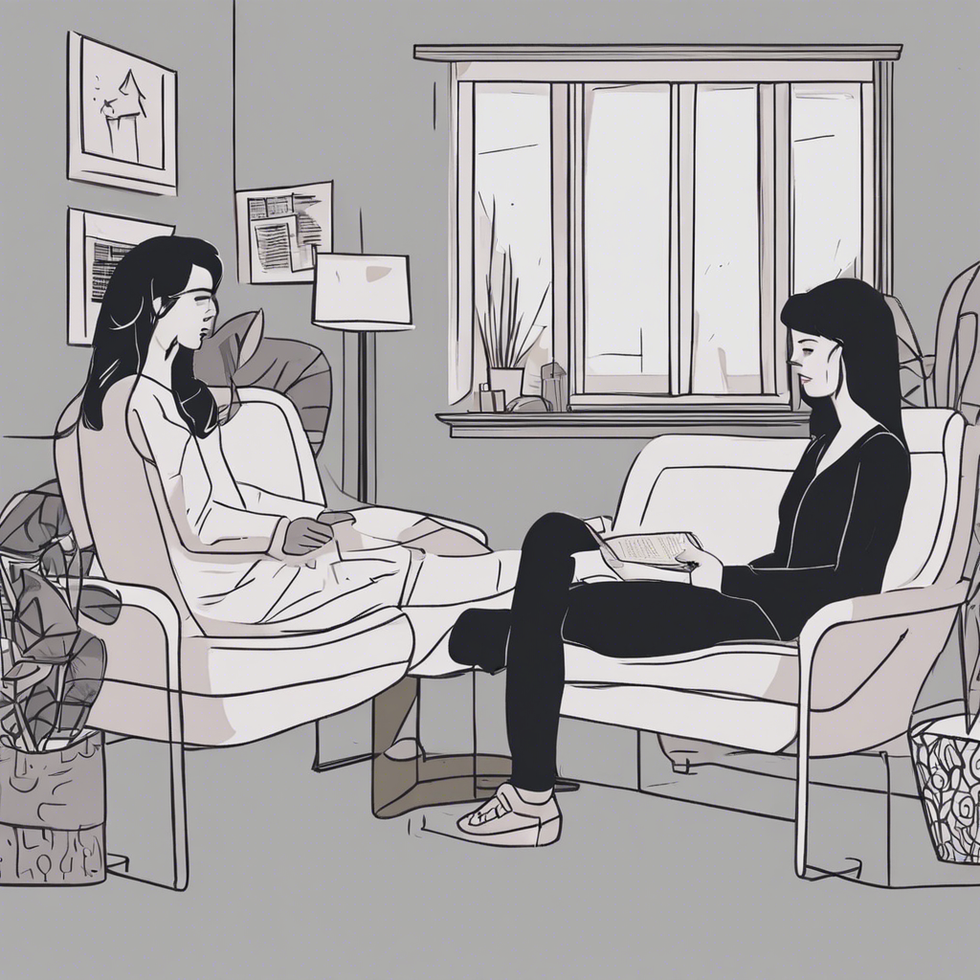 roommate as a therapist
StableDiffusion
roommate as a therapist
StableDiffusion
 woman in white shirt eating pizza
Photo by
woman in white shirt eating pizza
Photo by  person holding remote pointing at TV
Photo by
person holding remote pointing at TV
Photo by  person holding assorted clothes in wooden hanger
Photo by
person holding assorted clothes in wooden hanger
Photo by  a couple of
a couple of 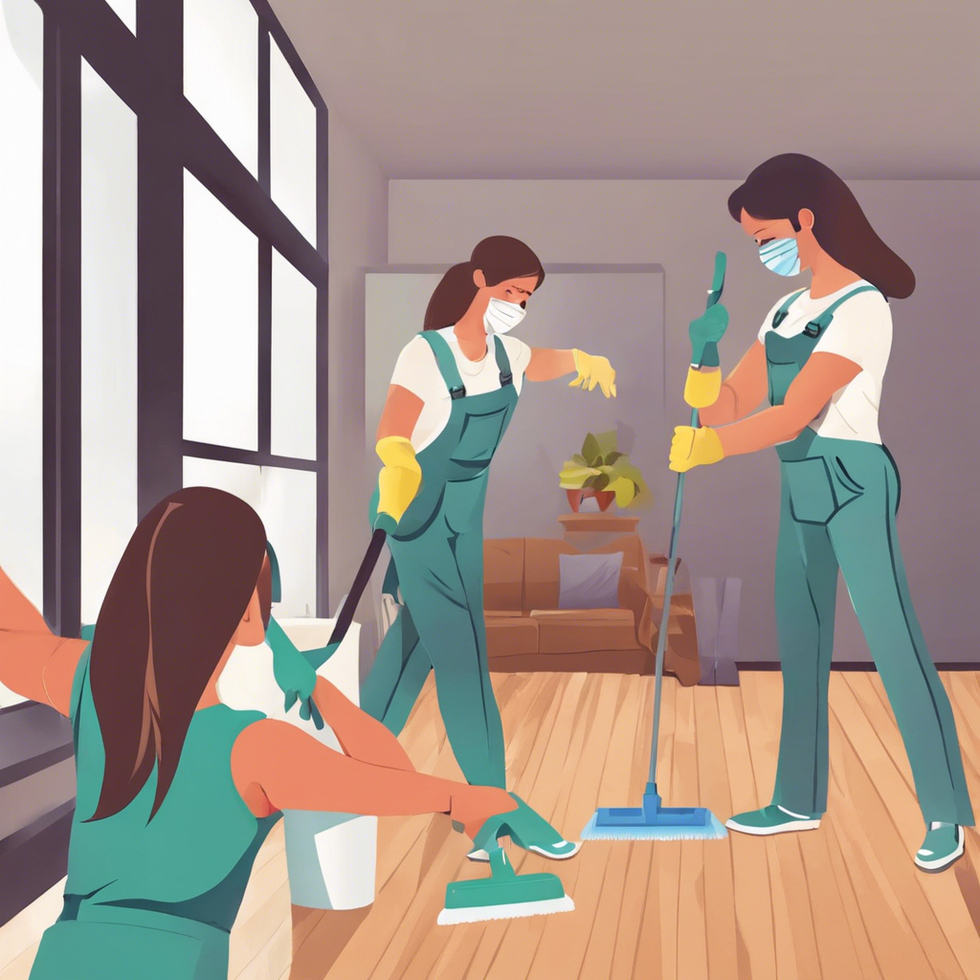 friends cleaning apartment
StableDiffusion
friends cleaning apartment
StableDiffusion
 man driving car during golden hour
Photo by
man driving car during golden hour
Photo by  bacon strips and melted cheese topped fries on oval white and blue platter with gray stainless steel forks
Photo by
bacon strips and melted cheese topped fries on oval white and blue platter with gray stainless steel forks
Photo by  selective focus photography of eyeshadow palette
Photo by
selective focus photography of eyeshadow palette
Photo by  brown wooden framed white padded chair in between green indoor leaf plants inside bedroom
Photo by
brown wooden framed white padded chair in between green indoor leaf plants inside bedroom
Photo by 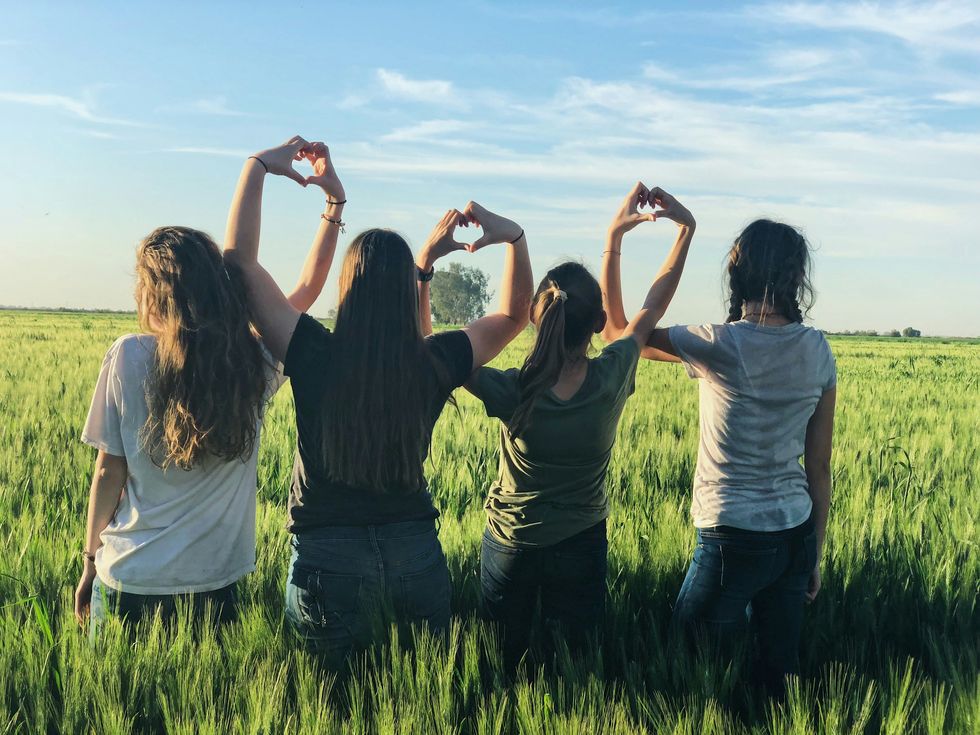 women forming
women forming  taking
taking  man in red polo shirt pouring wine on clear wine glass
Photo by
man in red polo shirt pouring wine on clear wine glass
Photo by  woman in black jacket standing on road during daytime
Photo by
woman in black jacket standing on road during daytime
Photo by 
 StableDiffusion
StableDiffusion
 StableDiffusion
StableDiffusion
 student thinking i shouldnt have procrastinated all semester
StableDiffusion
student thinking i shouldnt have procrastinated all semester
StableDiffusion
 Photo by
Photo by  Photo by
Photo by  Photo by
Photo by  StableDiffusion
StableDiffusion
 StableDiffusion
StableDiffusion
 Photo by
Photo by  Photo by
Photo by 








